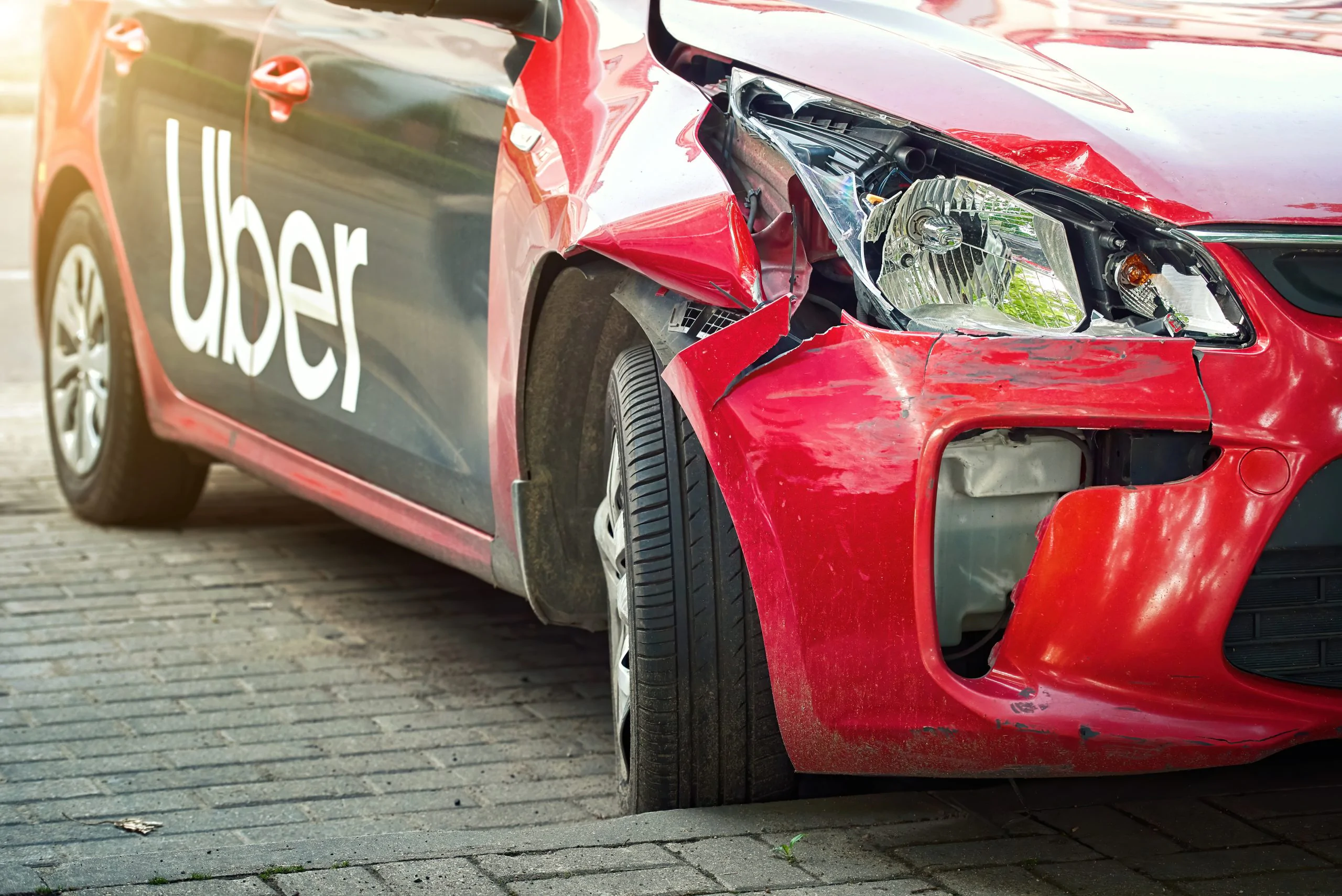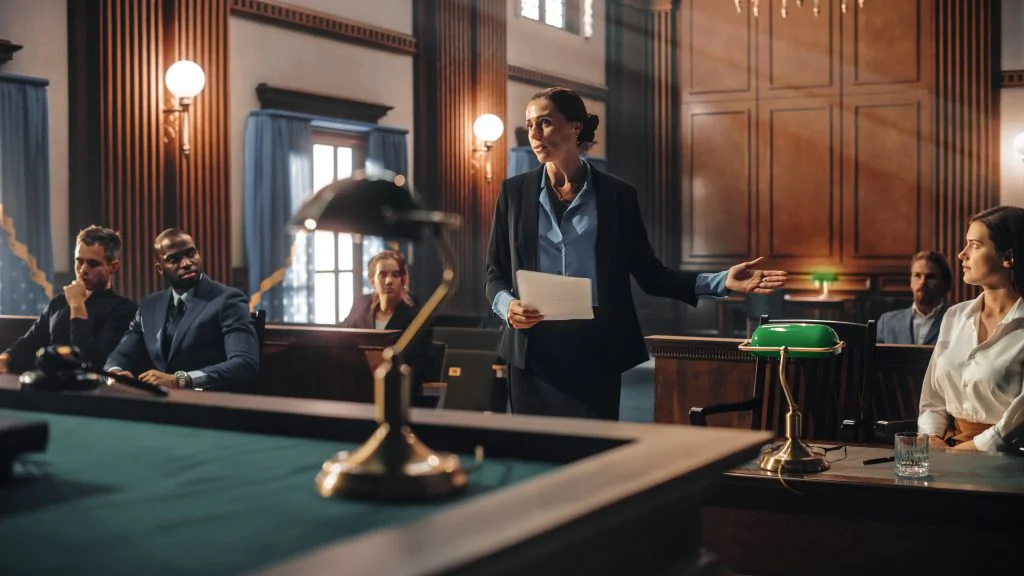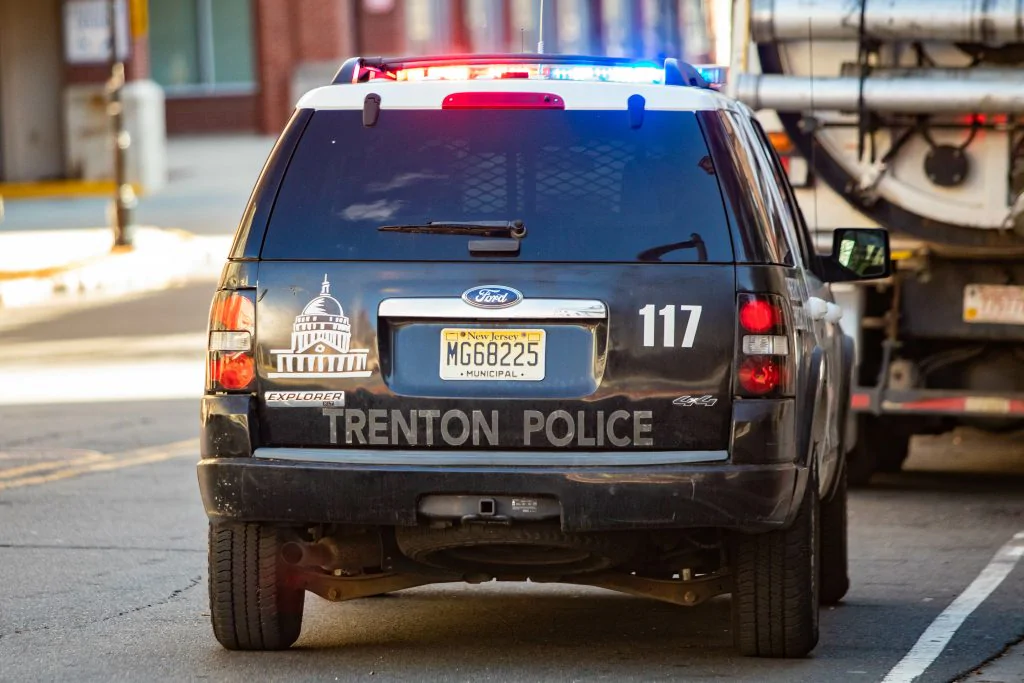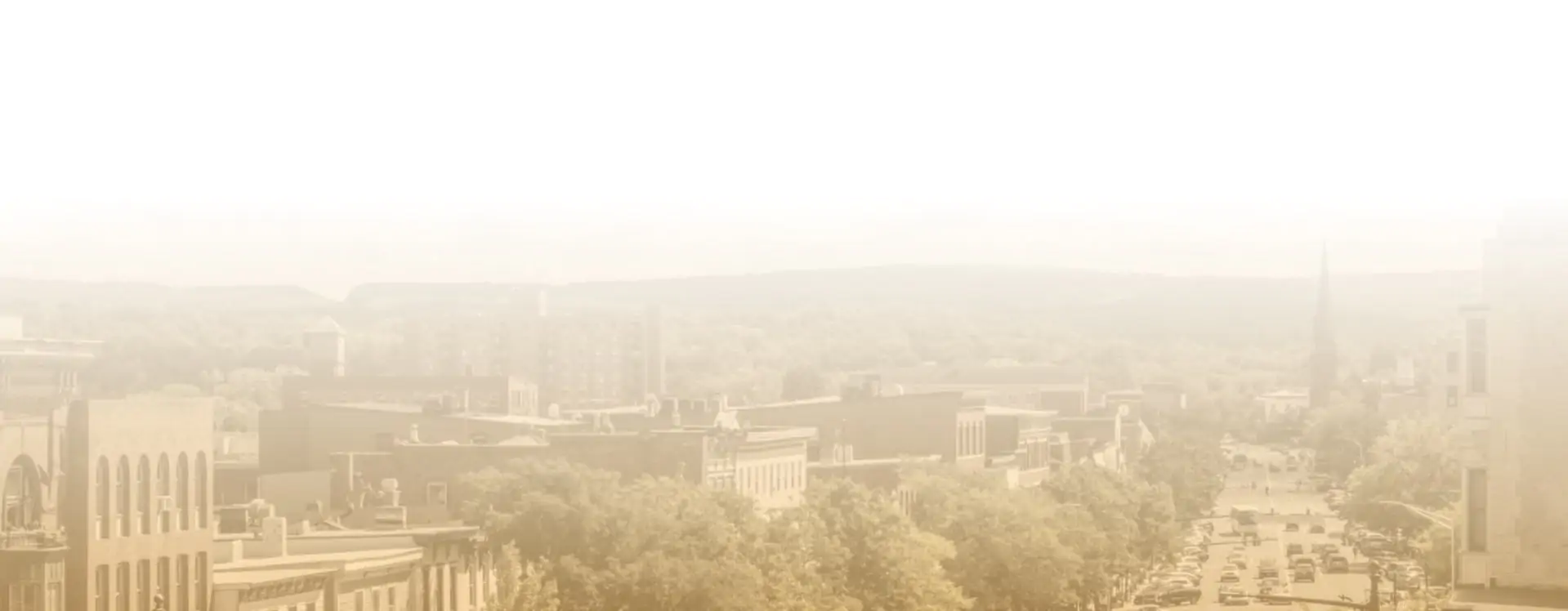Rideshare accidents involve incidents where a vehicle providing transportation services through platforms like Uber or Lyft is involved in a collision or other forms of accidents. They can result from a variety of factors, including distracted driving, reckless driving, or the negligence of third parties. When such accidents occur, victims often face substantial physical, emotional, and financial challenges.
Rideshare accident attorneys play a pivotal role in securing compensation for victims of such incidents. This guide explores the role of rideshare accident lawyers and how they help their clients, how settlement values are determined, and the legal process of suing rideshare drivers and companies for compensation.
What Rideshare Lawyers Do
Rideshare lawyers handle cases in which rideshare customers are injured by a rideshare employee and/or company negligence. This makes their experience unique from typical auto accident attorneys, who typically help in suing only other negligent drivers who are not employed to drive. Here’s how they assist clients pursuing a rideshare injury settlement:
- Legal Expertise: Competent rideshare lawyers have years of experience winning settlements for clients injured by negligence involving drivers and/or their employers. This expertise enables them to navigate the complexities of these cases effectively.
- Negotiating with Insurance Companies: These attorneys have extensive experience advocating for their clients when dealing with insurance providers. They negotiate to ensure that victims receive fair compensation. If insurance doesn’t make an offer that meets client and attorney expectations (as often happens), they will continue negotiating, or make the decision with their client to settle matters in court. This compensation often covers medical expenses, lost wages, pain and suffering, and other damages.
- Determining Damages: Calculating the extent of damages is a crucial aspect of rideshare accident cases. These values vary widely depending on the unique factors of each accident, so consulting with an experienced rideshare lawyer is the best way for clients to get a close estimation of the settlement they can expect.
- Navigating Regulatory Frameworks and State-Specific Accident Laws: Rideshare Lawyers must also be well-versed in the state-specific regulations governing rideshare services. These regulations can vary, impacting insurance requirements and legal procedures.
- Investigation and Evidence Gathering: These attorneys collaborate with experts to reconstruct accidents, gathering evidence to determine liability. Accident reconstruction experts play a crucial role in establishing the sequence of events leading to the accident.
- Claim Filing & Legal Procedures: Rideshare Lawyers guide their clients through the legal procedures necessary for their cases. This may involve filing lawsuits against the at-fault party, which is often the rideshare driver or other negligent entities.
- 24/7 Communication & Legal Guidance: Rideshare attorneys not only work tirelessly on your case but also offer round-the-clock support. They are always available to provide updates on legal process matters, inform you of deadlines, potential roadblocks, and answer any questions or concerns you may have throughout the entire legal journey.
How Are Rideshare Attorneys Paid?
Most rideshare attorneys are only paid if they win a client’s case, and their fees come from a portion of the settlement amount. That means clients never owe rideshare attorneys anything out-of-pocket. This approach helps clients by easing their financial burden while they recover from injuries and manage related costs. It also removes the risk of having to pay legal fees upfront or by the hour, making it a wise choice for those seeking injury law firms.
Examples of Rideshare Driver & Third-Party Negligence
Any customer injured in an accident caused by rideshare driver negligence may file an injury claim and pursue compensation for damages. In this section, we will delve into some of the most common examples of rideshare negligence, encompassing both driver and company liability:
- Distracted Driving: One of the most common forms of rideshare negligence is distracted driving. Rideshare drivers frequently use their smartphones for navigation, communication with passengers, or even checking notifications. When a driver takes their eyes off the road to interact with their phone, it significantly increases the risk of accidents. Distracted driving can lead to rear-end collisions, sideswipes, and even more severe accidents.
- Reckless Driving: Reckless driving behaviors, such as speeding, aggressive lane changes, and tailgating, are another form of negligence observed among rideshare drivers. Some drivers may feel pressure to reach their destinations quickly or to pick up as many passengers as possible, leading to risky maneuvers that put everyone on the road in danger.
- Failure to Obey Traffic Laws: Rideshare drivers are expected to follow all traffic laws and regulations, just like any other driver. However, some drivers may neglect stop signs, run red lights, or engage in other traffic violations. These actions can lead to accidents that result in injuries to passengers, pedestrians, or other drivers.
- Driving Under the Influence (DUI): Driving under the influence of alcohol or drugs is a severe form of negligence that can have devastating consequences. While rideshare companies have strict policies against intoxicated driving, some drivers may still engage in this reckless behavior, jeopardizing the safety of their passengers and others on the road.
- Fatigue and Drowsy Driving: Rideshare drivers often work long hours to meet their income goals. This can lead to driver fatigue and drowsy driving. Fatigued drivers have reduced reaction times and impaired judgment, making them more likely to cause accidents.
- Vehicle Maintenance Neglect: Rideshare drivers are responsible for the maintenance of their vehicles. Neglecting vehicle maintenance, such as failing to replace worn-out tires or brakes, can result in accidents due to equipment failure. Passengers and other road users may be injured as a result.
- Lack of Proper Training: In some cases, rideshare drivers may not have received adequate training or experience to handle various driving situations. This lack of preparation can lead to poor decision-making on the road and accidents.
- Poor Route Planning: Rideshare drivers often rely on GPS navigation to reach their destinations. However, inadequate route planning or blindly following navigation instructions without considering road conditions can lead to accidents. Drivers may end up in unfamiliar or hazardous areas, increasing the risk of collisions.
How Rideshare Accident Lawsuits Work
Rideshare accident lawsuits share many similarities with regular car accident injury lawsuits. Victims of rideshare accidents can seek compensation for their injuries and losses caused by the accident. However, there are specific nuances that set them apart.
One notable difference in rideshare accident lawsuits is the potential involvement of rideshare employers, such as Uber or Lyft. While drivers are typically considered independent contractors, there are scenarios where rideshare companies may be held liable for the actions of their drivers. This can add complexity to the legal process.
Rideshare Injury Lawsuit Timeline
Once you decide to pursue a rideshare lawsuit, the legal process typically involves the following steps:
- Filing a Lawsuit: Your attorney will file a lawsuit against the at-fault party, which may include the rideshare driver, the rideshare company, or other negligent parties.
- Discovery: Both sides gather evidence, including witness testimonies, expert opinions, and documents related to the accident.
- Negotiation: Often, parties will engage in negotiations to reach a settlement. Your attorney will advocate for fair compensation on your behalf.
- Trial: If a settlement cannot be reached, the case may proceed to trial, where a judge or jury will determine liability and compensation.
- Resolution: Once a resolution is reached, either through negotiation or a court verdict, compensation is awarded to the injured party.
Steps to File a Rideshare Accident Claim
Before filing, it is crucial to note that injury attorneys can handle most of the steps below to make the process easier for their clients. Also, insurance companies often offer compensation many times lower than the settlements offered through an injury claim, so speaking with an attorney before accepting insurance offers is recommended. Here are the steps to file a rideshare accident:
1. Report the Accident: After ensuring everyone’s safety, report the accident. Here’s what to do:
- Contact Law Enforcement: If the accident is serious or involves injuries, call the police to the scene. They will create an accident report, which can be crucial for your claim.
- Notify the Rideshare Company: Inform the rideshare company (e.g., Uber, Lyft) about the accident through their app or customer support line. Rideshare companies often have specific procedures for handling accidents.
3. Gather Information: Collect essential information related to the accident, such as:
- Driver’s Information: Obtain the rideshare driver’s name, contact details, and insurance information.
- Witnesses: If there are witnesses to the accident, collect their contact information. Witness testimonies can be valuable in establishing what happened.
- Accident Scene: Take photographs of the accident scene, including vehicle damage, road conditions, and any relevant traffic signs or signals.
4. Seek Medical Attention: Even if you don’t have apparent injuries, it’s essential to seek medical attention. Some injuries may not manifest immediately, and having a medical record can be crucial for your claim.
5. Document Your Injuries and Expenses: Keep detailed records of all medical treatments, expenses, and any lost wages resulting from the accident. These records will be essential when determining the compensation you may be entitled to.
6. Consult with an Attorney: Consult with a rideshare accident lawyer for a free case evaluation, which includes an estimation of your settlement and an explanation of what you can expect moving forward throughout the legal process. These attorneys use their experience with winning similar cases to provide valuable guidance on your legal rights and the amount of potential compensation.
7. Insurance Claims: Depending on the circumstances of the accident, insurance claims may be necessary. Here’s what to keep in mind:
- Driver’s Personal Insurance: If the rideshare driver was not actively working (the app was off) when the accident occurred, their personal auto insurance will typically apply.
- Rideshare Company’s Insurance: When the rideshare driver was actively working (the app was on), the company’s insurance coverage may come into play. Rideshare companies often provide liability coverage, collision coverage, and uninsured/underinsured motorist coverage.
Average Rideshare Accident Settlement Amounts (NY, NJ & IL)
* Note that the following settlement averages are for illustrative purposes only, and do not guarantee a similar outcome. Estimates can be given in free case evaluations by contacting a rideshare accident attorney here.
Settlement values may be higher or lower depending on the unique factors of each case such as the amount of medical expenses, lost wages due to being out of work, the severity of the injury, and the level of pain, suffering and other damages caused.
New York Rideshare Settlements
- New York, NY: Rideshare accident settlements in New York City tend to be substantial, with an average amount exceeding $110,000 due to the high cost of living and medical expenses in the city.
- The Hudson Valley Settlements in the Hudson Valley average around $75,000, Considering the vast region’s varied cost of living and medical expenses, rideshare settlements tend to be larger in more populated areas such as Kingston, Newburgh, and Poughkeepsie,
New Jersey Rideshare Settlements
- Newark Rideshare accident settlements in Newark often exceed $95,000, considering the city’s proximity to New York and its higher cost of living compared to other New Jersey areas.
- Trenton: Rideshare accident settlements in Audubon are generally lower, averaging around $70,000 in 2023.
- Audubon: Accident settlements are generally lower in this neighborhood, averaging around $50,000.
Illinois Rideshare Settlements
- Chicago: Rideshare accident settlements in Chicago average around $95,000, considering the area’s high cost of medical care.
- Naperville: Settlements average around $70,000, considering the suburban location and associated costs.
- Aurora: Rideshare accident settlements average about $65,000 in this area.
Contact a Rideshare Accident Attorney Near You
The rideshare attorneys at Sobo & Sobo have over 50 years of experience winning settlements for victims of driver negligence across New York, New Jersey, and Illinois. Contact a rideshare lawyer near you for a free case evaluation by calling 855-468-7626 or fill out a form online for a free case evaluation, and get help starting your claim.
Rideshare Accident Statistics (NY, NJ & IL)
The following are yearly rideshare accident statistics and settlement amounts according to the latest statewide police reports and court records.
New York
New York City
- Accident Frequency: New York City witnesses approximately 9,000 rideshare accidents annually, making it one of the cities with the highest rideshare accident rates in the US.
- Worst Accident Records: Among rideshare companies operating in NYC, Uber has the highest accident record, with an average of 3,500 accidents reported annually.
- Hotspots for Accidents: Most rideshare accidents in NYC occur in Manhattan, specifically around Times Square, the West Side Highway, and the FDR Drive.
- Leading Cause: In New York City, the leading cause of rideshare accidents is “Aggressive City Driving.” NYC’s bustling streets are known for aggressive driving behaviors, including rapid lane changes, speeding, and weaving through traffic. Additionally, the city’s significant population of cyclists can lead to challenging road dynamics, as rideshare drivers must navigate around them.
The Hudson Valley
- Accident Frequency: The Hudson Valley, NY, region experiences approximately 800 rideshare accidents annually, with incidents dispersed across its numerous towns and cities.
- Hotspots for Accidents: In the Hudson Valley region, rideshare accidents are most prevalent in densely populated areas such as Poughkeepsie, Newburgh, and White Plains, owing to high traffic volumes and commuter activity.
- Leading Cause: In the Hudson Valley region, the leading cause of rideshare accidents is “Weather-Induced Road Hazards.” While the region includes cities like Poughkeepsie, Newburgh, and White Plains, it is known for its diverse weather conditions, from icy winters to heavy rainfall. These weather fluctuations create unique road hazards that rideshare drivers must navigate, leading to a higher incidence of accidents in the area.
New Jersey
Newark
- Accident Frequency: The city of Newark, NJ reports approximately 2,500 rideshare accidents each year.
- Worst Accident Records: Uber is the rideshare company with the highest accident record in Newark, with over 1,000 accidents reported annually.
- Hotspots for Accidents: Routes leading to Newark Liberty International Airport witness a high number of rideshare accidents due to airport traffic.
- Leading Cause: In Newark, NJ, the leading cause of rideshare accidents is “Airport Congestion.” Newark Liberty International Airport is a major transportation hub, and the heavy traffic and complex road networks around the airport contribute to a unique set of challenges for rideshare drivers, resulting in a higher incidence of accidents.
Trenton
- Accident Frequency: Trenton, NJ, experiences approximately 600 rideshare accidents annually.
- Hotspot for Accidents: In Trenton, NJ, rideshare accidents are most commonly reported around the downtown area, near the state capitol building, and close to the Trenton Transit Center due to heavy traffic and commuter activity.
- Leading Cause: Bridge-related incidents are the most common cause of rideshare accidents in Trenton. Situated along the Delaware River, the area features several historic bridges that connect the city to neighboring areas. Navigating these unique bridge structures, with their varying elevations and traffic patterns, poses a distinctive challenge for rideshare drivers.
Audubon
- Accident Frequency: Audubon, NJ, reports approximately 50 rideshare accidents annually, given its smaller population and suburban nature.
- Hotspot for Accidents: In Audubon, NJ, rideshare accidents tend to be scattered throughout the town, with no specific hotspots identified, as the town is relatively smaller and suburban in nature.
- Leading Cause: In Audubon, NJ, the leading cause of rideshare accidents often relates to drivers encountering unpredictable wildlife, such as deer, which can unexpectedly cross suburban roads, leading to collisions.
Illinois
Chicago
- Accident Frequency: Chicago reports approximately 7,500 rideshare accidents annually.
- Worst Accident Records: Lyft stands out in Chicago for having the highest accident record, with nearly 2,800 accidents reported yearly.
- Hotspots for Accidents: The Loop and the Magnificent Mile are areas in Chicago where rideshare accidents are most common due to high tourist and commuter traffic.
- Leading Cause: The leading cause of auto accidents in Chicago is aggressive driving behaviors, which most often result in rear-end collisions. Rapid lane changes, speeding, and tailgating are common occurrences in the area that often lead to situations where drivers fail to maintain a safe following distance, resulting in frequent rear-end collisions.
Naperville
- Accident Frequency: Naperville, a suburb of Chicago, experiences approximately 150 rideshare accidents annually.
- Hotspot for Accidents: In Naperville, accidents involving rideshare vehicles are frequently reported at high-traffic intersections like Washington Street and Ogden Avenue, as well as in busy areas around popular shopping centers such as Fox Valley Mall and Naperville Crossings. These central locations with heavy commuter and shopper traffic are more prone to rideshare accidents.
- Leading Cause: The leading cause of rideshare accidents in Naperville is often attributed to rear-end collisions and intersection incidents.
Aurora
- Accident Frequency: Aurora, a suburb of Chicago, witnesses approximately 200 rideshare accidents annually, given its size and population.
- Leading Cause: In Aurora, a suburb of Chicago, one of the unique leading causes of rideshare accidents is sudden weather shifts. Aurora’s weather can change rapidly, leading to challenging driving conditions that contribute to accidents, especially during temperature fluctuations and sudden storms.
- Hotspots for Accidents: Rideshare accidents in Aurora are frequently reported in areas with high commuter traffic, such as around train stations and major intersections.




